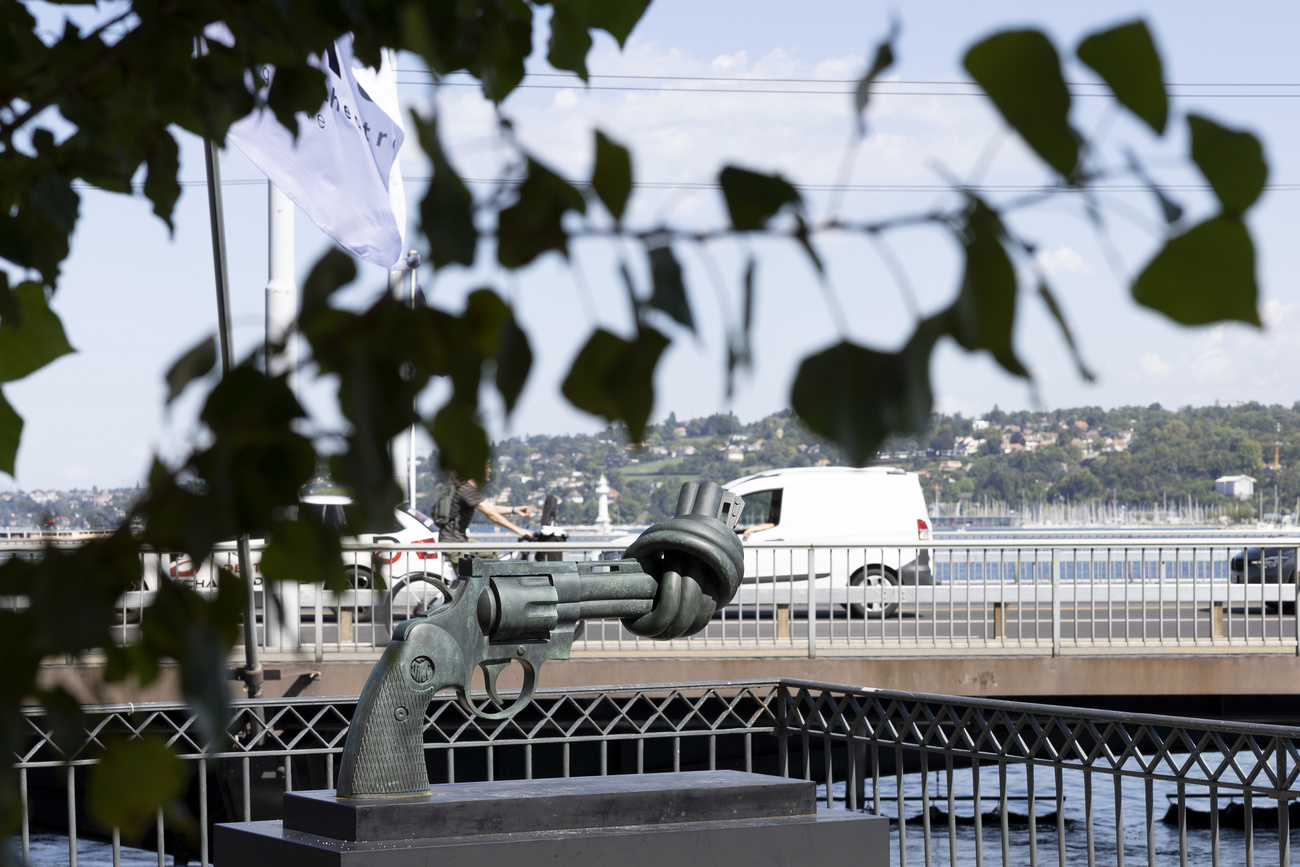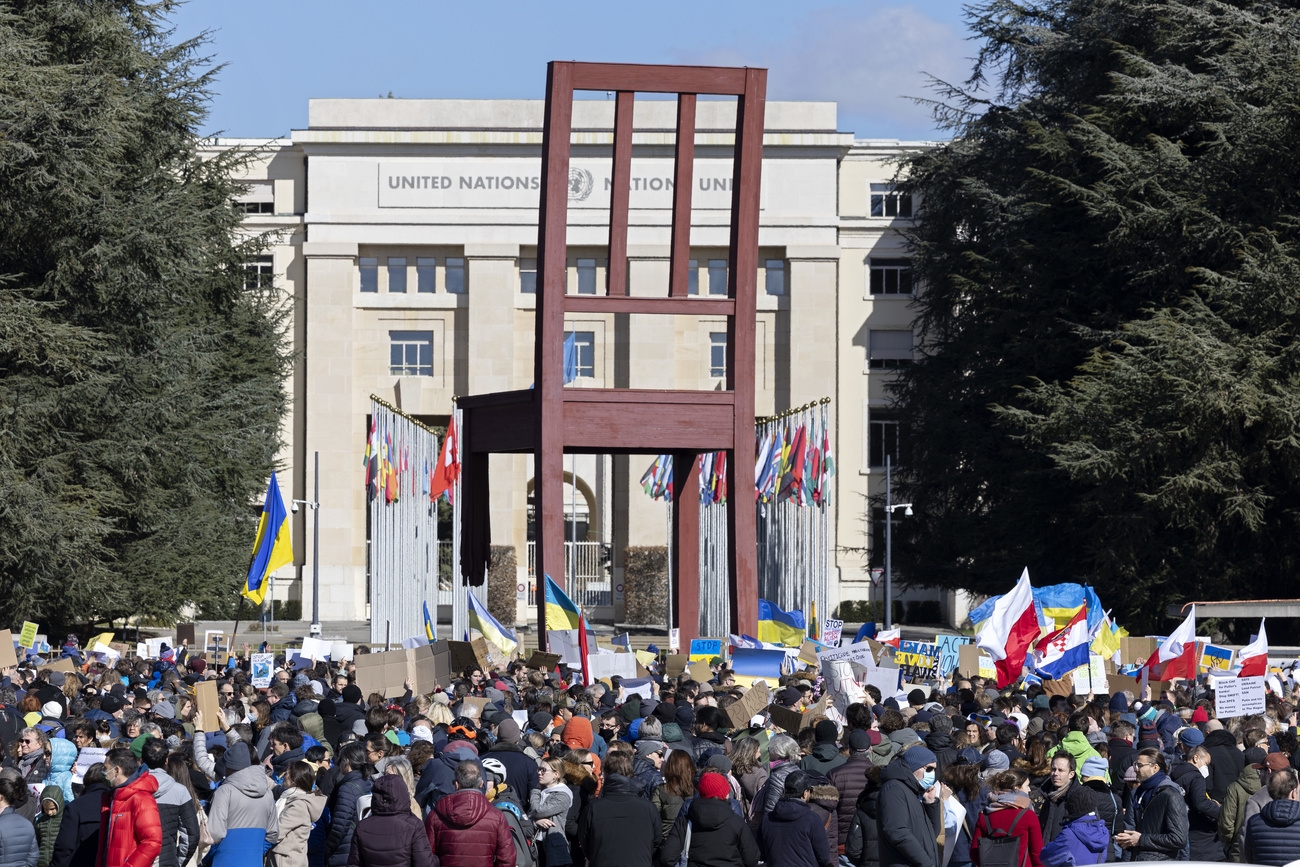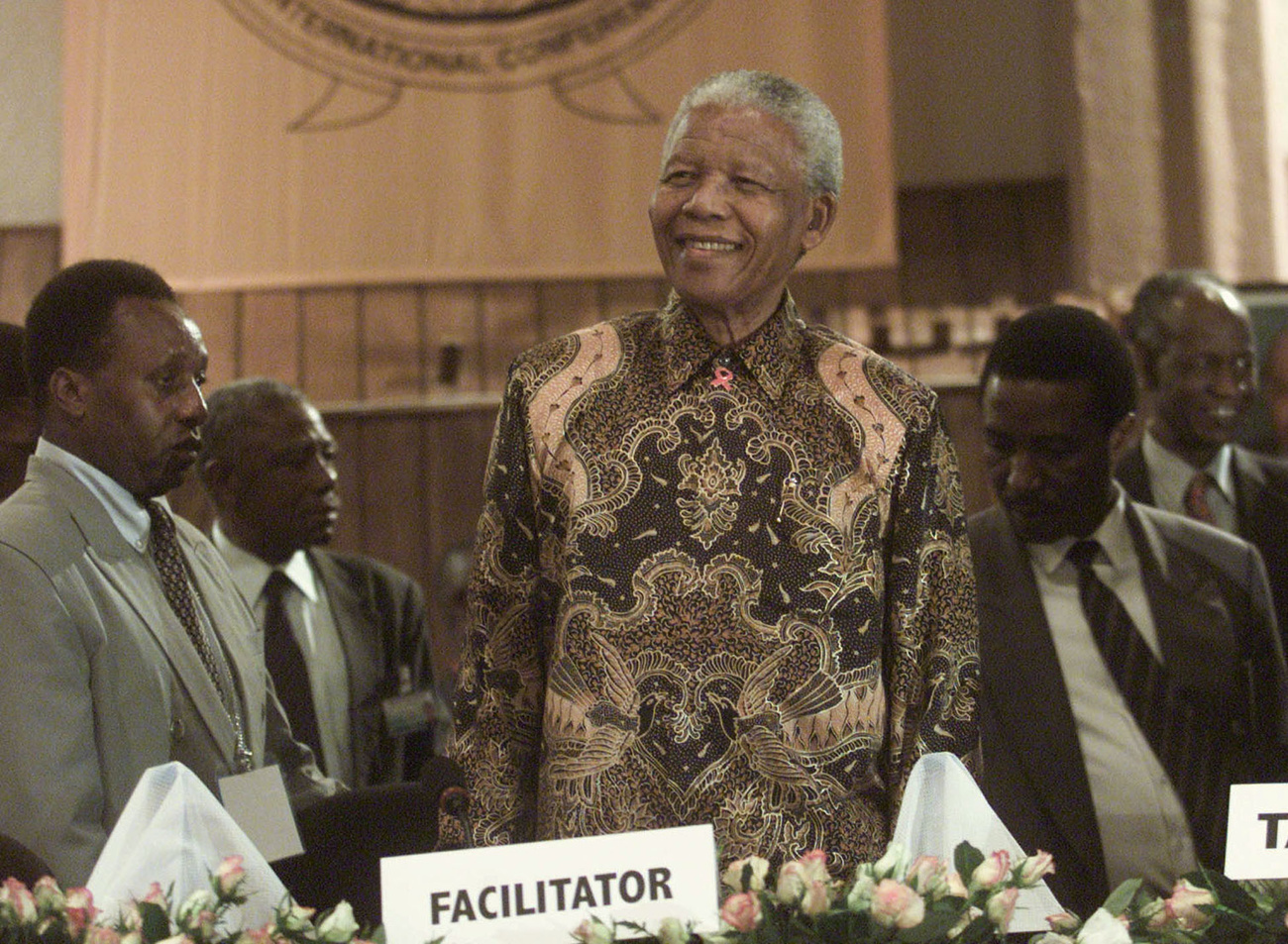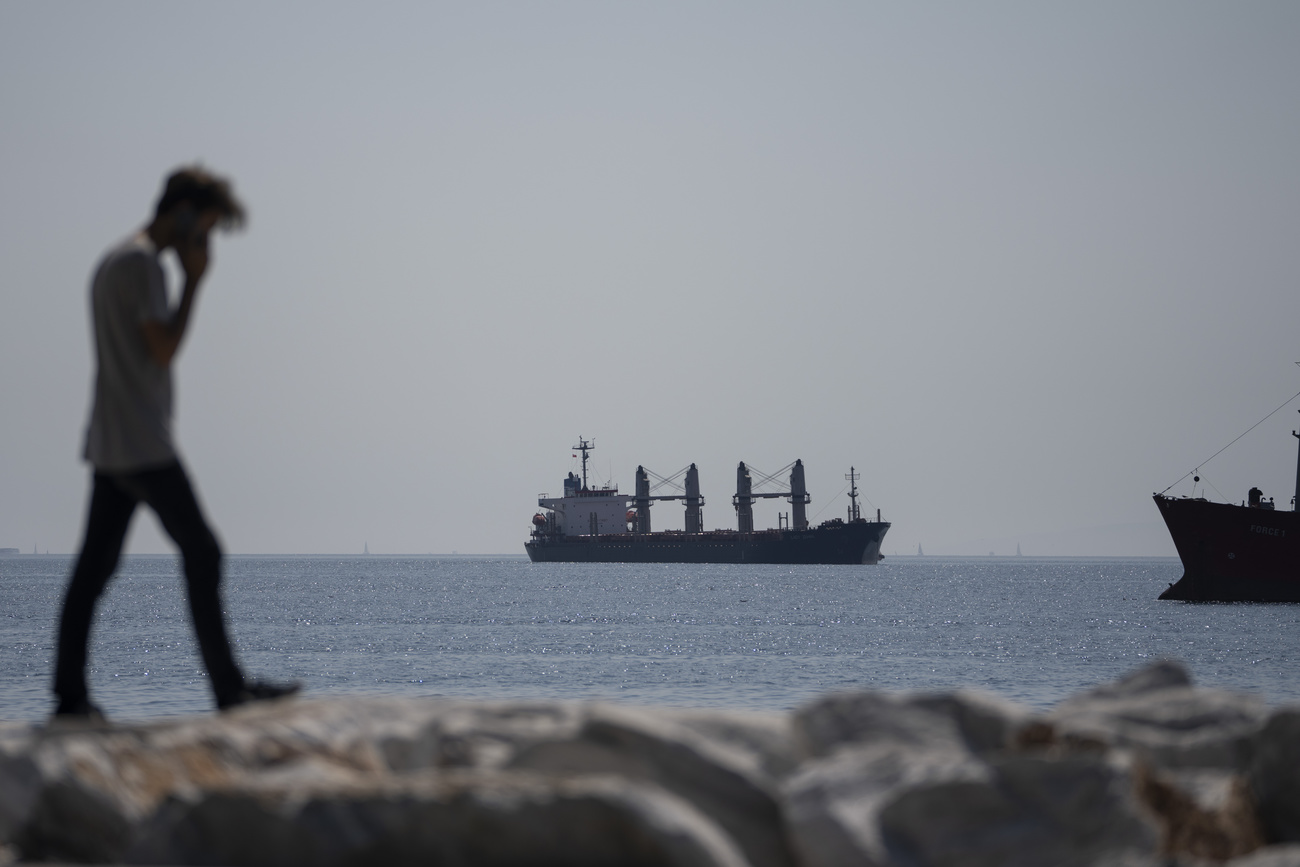War in Ukraine: ‘parallel’ diplomacy at work in Geneva

Two Geneva-based organisations have for months been preparing the ground for new negotiations between Russia and Ukraine. Operating outside official channels and with the utmost discretion, experts in international relations and mediation are in regular contact with Kyiv and Moscow.
Peace in Ukraine is still a long way off, perhaps even a very long way off. But this has not prevented two non-profit organisations in Geneva from thinking about it and even preparing for it. They are the Centre for Humanitarian Dialogue, known as the HD Centre, and the Geneva Centre for Security Policy, or GCSP. Both bodies receive funding from the Swiss government. They are currently conducting exploratory talks with Russian and Ukrainian partners.
The goal is simple: to maintain a pathway for indirect dialogue – for now – between the warring parties.
“This is what’s known in the trade as a ‘back channel’,” explains Thomas Greminger, director of the GCSP. “It is a platform for informal dialogue that is confidential enough for the conflict parties still to be able to talk to each other. We have already met face-to-face three times, as well as virtually, as part of this initiative.”
Bridging the limitations of official diplomacy
This so-called “parallel” or private diplomacy, initiated by non-state players, provides scope for progress where official diplomacy today falls short. “Many of the agreements that were reached during the Cold War, for instance the excellent solution for Finland [to be officially neutral], and the development of the concepts of ‘détente’ and arms control – all this diplomacy was conducted by senior officials from the parties to the conflict themselves,” explains David Harland, director of the HD Centre.
“For various reasons, this kind of diplomacy is no longer possible today,” he adds. “So the groundwork for such solutions must be carried out behind the scenes and then presented to the parties and official mediators, if there are any.”

More
International Geneva caught in the crossfire of the Ukraine war
Meeting with ‘experts’
The two centres provide no names, nor even the functions of their Russian and Ukrainian contacts. At most, Greminger of the GCSP discloses that they are “high-ranking experts with access to the presidential administrations on both sides”.
According to research done by Swiss public radio RTS, these “experts” are often former officials, both political and military. However, the two organisations most certainly also meet with senior figures who are still in office, as Geneva regularly hosts Russian and Ukrainian delegations, in particular during meetings of the United Nations and its agencies.
Burden of the talks
The exact content of the informal talks is shrouded in secrecy, but Harland indicates that they are focusing on very specific issues for now. “In March last year, we proposed a possible agreement on agricultural exports to both sides, and then to the UN Secretary-General, with the aim of reducing the price of food paid by millions of people around the world who depend on Russian and Ukrainian grain,” Harland explains. “So this is a specific matter that both sides could agree on, to avoid being seen as responsible for world hunger.”
Greminger of the GCSP, meanwhile, highlights more general aspects: “This informal dialogue is a useful platform for talking together and discussing official narratives. It also enables us to sound out what confidence-building measures might be possible and to bounce off ideas that could be used in a negotiation.”
Russia and its leaders and elected officials are currently subject to sanctions. For some Western and Ukrainian analysts, talking to representatives or members of the Kremlin is thus tantamount to legitimising the Russian invasion of Ukraine. In other words, is it really appropriate to be talking to Russian partners at this time?
“We must always bear in mind that we are talking about a war of aggression by Russia against Ukraine,” says GSCP director Greminger. “But diplomacy is supposed to talk to all parties who are willing to talk. And to reach a negotiated end to this conflict, we have no option but to engage with both sides.”
Harland puts it this way: “All negotiation is the search for the lesser evil, and it is up to the parties to the conflict to determine where that point lies.”
Translated from French by Julia Bassam/gw

More
How the war in Ukraine has changed Switzerland

In compliance with the JTI standards
More: SWI swissinfo.ch certified by the Journalism Trust Initiative














You can find an overview of ongoing debates with our journalists here . Please join us!
If you want to start a conversation about a topic raised in this article or want to report factual errors, email us at english@swissinfo.ch.